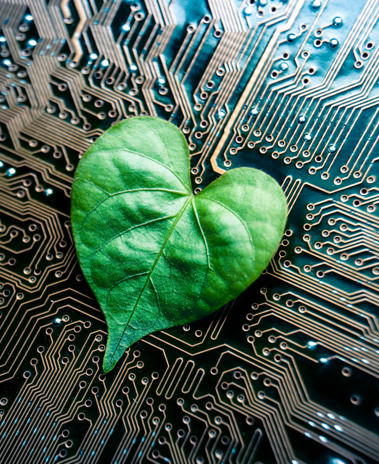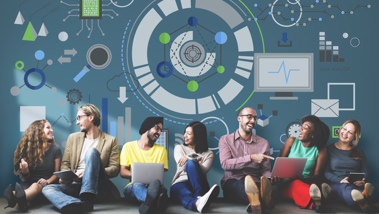#internet
Nowadays we are immersed in the information society, Internet has become the decisive technology: billions of people all over the world can access free and immediate information. There is an immense amount of data that we can find online, it is necessary to educate people in managing that information.
-
The unstoppable growth of technology has transformed our habits and behaviour and created unprecedented dilemmas which could put our future as a digital society at risk. The solution? A new set of ethics based on the source of this change: the Internet.
Blockchain technology is not only the basis of the cryptocurrencyBitcoin. This system for carrying out verifications and secure transactions on the Internet promises to revolutionise the management of smart cities with Blockchain4Cities, an initiative to coordinate, integrate and control different city services with transparency, efficiency and privacy.
-
The democratisation of Information and Communication Technologies (ICT), which facilitate access to thousands of information, work and leisure opportunities, is fundamental in today's society and their use must be independent of each person's condition. The objective of digital inclusion is to ensure that, for example, the elderly or those with less purchasing power or with motor, intellectual or audio-visual disabilities are not left out of a world that offers infinite possibilities.
Digital transformation is the key to business competitiveness in a changing and increasingly demanding market. However, for this technological reform to be successfully completed, a corporate culture is needed to promote innovation and creativity within companies.
-
Psychologists, psychiatrists and experts from Silicon Valley are warning that social media use can be addictive and its consequences the same as those of any other addiction: anxiety, dependence, irritability, lack of self-control, etc. Faced by this prospect, people are increasingly asking: are social media a real problem?
Cyberbullying has caused one in five students in the world to miss school, according to a UNICEF study reflects a worrying situation for thousands of children who are being harassed on the internet by their classmates. Some countries, however, have reduced the number of attacks with a brilliant idea: the KiVa program.


























